IPCP is divided into two programs: our Toddler Program for children ages 1 or 2 at the start of the school year, and our Preschool Program for children ages 3 and 4 at the start of the school year. Children must be at least 12 months old at the start of the school year (September 1) to enroll. In Georgia, Kindergarten begins for children who are 5 years old at the start of the school year and therefore will have graduated from IPCP.
Toddler Program
Our Toddler Program is divided into two classes based on birthdate. Both classes operate out of our Waddell space and enjoy use of the outdoor Toddler Garden. These spaces provide IPCP toddlers many opportunities to challenge themselves through seeing, touching, feeling, tasting, hearing and moving, thereby supporting children’s cognitive and physical development and also allowing children to make real life connections in their world.
The Toddler 1 Class is for children who are one year old at the start of the school year. It operates with 11 children and 2 teacher in the class daily, plus one Parent Helper.
The Toddler 2 Class is for children who are two years old at the start of the school year. It operates with 16 children and 3 teacher in the class daily, plus one Parent Helper.
Most children begin on a 2-day or 3-day weekly schedule, so more than 11 or 16 children are typically enrolled each year.
Preschool Program
Our Preschool Program consists of four multi-age classes for children with ages ranging from 3 to 5. All four classes operate out of our Edgewood Building and the Outdoor Classroom. The multi-age preschool classes at IPCP give children of all ages an opportunity to learn social-emotional and cognitive skills in a nonlinear way, while simultaneously developing a respect and appreciation for the similarities and differences amongst peer learners in their community. The multi-age model enhances our curriculum by giving children a variety of opportunities to practice the same values of respect and problem solving that are essential to developing a healthy reverence for ALL living things – from ant to bird to human; therefore guiding children to be well-rounded lifelong citizens of their community.

